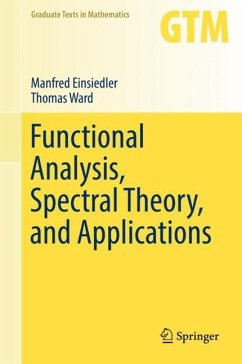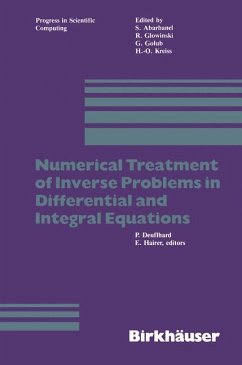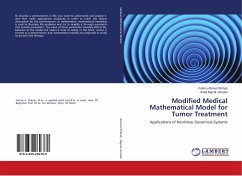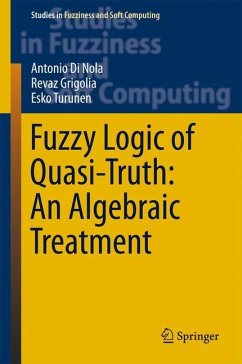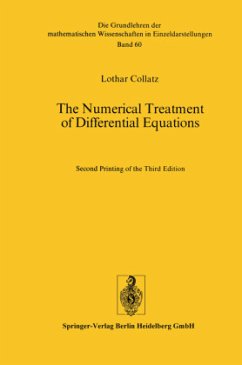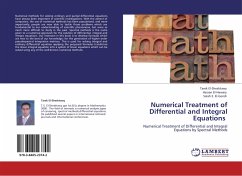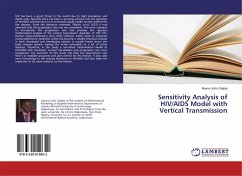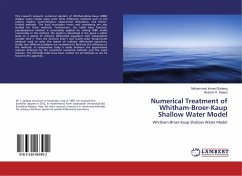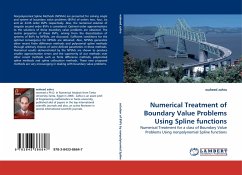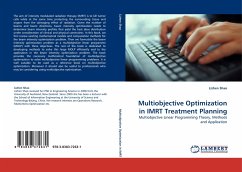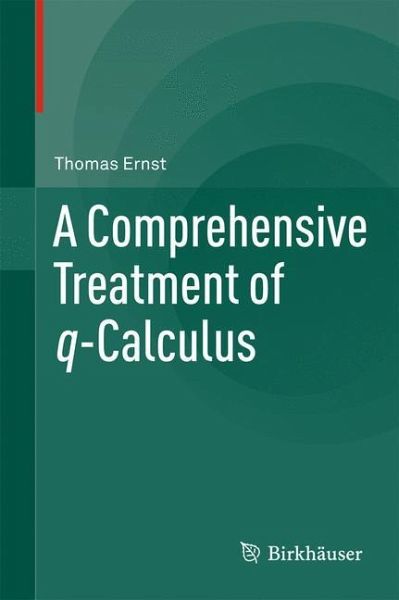
A Comprehensive Treatment of q-Calculus
Versandkostenfrei!
Versandfertig in 6-10 Tagen
76,99 €
inkl. MwSt.
Weitere Ausgaben:

PAYBACK Punkte
38 °P sammeln!
To date, the theoretical development of q-calculus has rested on a non-uniform basis. Generally, the bulky Gasper-Rahman notation was used, but the published works on q-calculus looked different depending on where and by whom they were written. This confusion of tongues not only complicated the theoretical development but also contributed to q-calculus remaining a neglected mathematical field. This book overcomes these problems by introducing a new and interesting notation for q-calculus based on logarithms.For instance, q-hypergeometric functions are now visually clear and easy to trace back ...
To date, the theoretical development of q-calculus has rested on a non-uniform basis. Generally, the bulky Gasper-Rahman notation was used, but the published works on q-calculus looked different depending on where and by whom they were written. This confusion of tongues not only complicated the theoretical development but also contributed to q-calculus remaining a neglected mathematical field. This book overcomes these problems by introducing a new and interesting notation for q-calculus based on logarithms.For instance, q-hypergeometric functions are now visually clear and easy to trace back to their hypergeometric parents. With this new notation it is also easy to see the connection between q-hypergeometric functions and the q-gamma function, something that until now has been overlooked.
The book covers many topics on q-calculus, including special functions, combinatorics, and q-difference equations. Apart from a thorough review of the historical development of q-calculus, this book also presents the domains of modern physics for which q-calculus is applicable, such as particle physics and supersymmetry, to name just a few.
The book covers many topics on q-calculus, including special functions, combinatorics, and q-difference equations. Apart from a thorough review of the historical development of q-calculus, this book also presents the domains of modern physics for which q-calculus is applicable, such as particle physics and supersymmetry, to name just a few.





